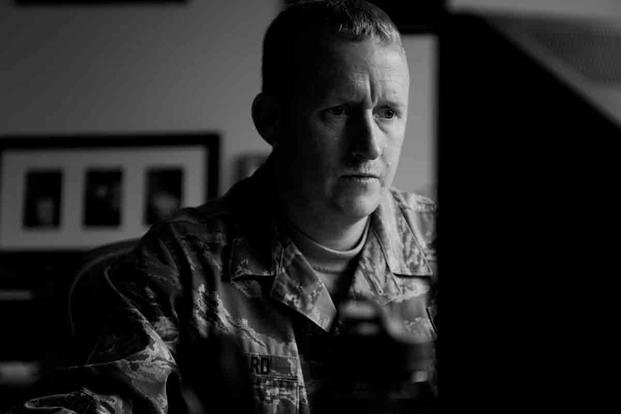Even the days where employers use algorithm software to sort resumes before they ever get into a human's hands, many job postings will still ask applicants for a cover letter. While it might make more sense for employers to ask for a letter after they've notified the candidate that they actually are a candidate, this archaic practice is still pervasive.
If that wasn't bad enough, employers still have many expectations for these cover letters, despite the fact that they are unlikely ever to read most of them. If the human resources department at a company only wants to interview a handful of applicants, then they'll use the cover letter as a way of determining who makes that second cut. So just in case someone does actually read yours, you'll want it to meet their expectations.
Here are a few keys to cover-letter success.
1. Do Your Research.
This is something that you should have done during the resume-writing process, so it shouldn't take much time for the cover letter. Also like your resume, the cover letter will need to be tailored to both the company to which you're applying and the job you want to have.
Knowing the industry and your potential little place in it shows that you've not only done this research, but that you're also enthusiastic about taking that place and being with the company. It also will be one less thing they'll have to teach you if they bring you on board.
2. Use a Proper Greeting.
No one uses "To Whom It May Concern" anymore. In fact, some hiring managers and others who will read your cover letter have come to believe writers using this greeting are using generic cover-letter templates. It doesn't mean your resume will end up in the wastebasket, but it's not a great start.
Instead, many career development centers recommend finding the name of the person who is making the hiring decision and using their name and title. In lieu of that, they recommend being as specific as possible. "Dear hiring manager" or "Dear [Official Job Title]" is always better.
3. Reinforce Those Keywords.
Candidates who have been researching how to get past the computer systems on job application sites know the software is looking for keywords in the resume, the ones that fit the stated job description. The cover letter is a place to reinforce your knowledge of the skills they're looking for.
Highlight those skills and present your experience in relation to the job for which you're applying, along with how your experience brings those skills to the job. This is another area where your past research will come in handy.
4. Don't Rewrite the Resume.
Where your resume touts your accomplishments in previous jobs, your cover letter should explain the skills you learned along the way. Choose three of the aforementioned skills and describe how you came to learn those skills and applied them to your previous work.
This is a place to be explanatory but concise, showing your new potential employer how you learned the skills they need, what you did to implement them before, and how your implementation of those skills helped your previous company. If you have an idea of how those skills can help in your potential new job, you might mention that, too.
5. Get an Editor.
Everyone needs an editor. After creating this masterwork with the full assumption that someone will read it, make sure it's worth reading. Having a competent friend or family member make sure it makes sense and look for typos is always a good idea before sending it off.
-- Blake Stilwell can be reached at blake.stilwell@military.com. He can also be found on Twitter @blakestilwell or on LinkedIn.
Want to Know More About Veteran Jobs?
Be sure to get the latest news about post-military careers as well as critical info about veteran jobs and all the benefits of service. Subscribe to Military.com and receive customized updates delivered straight to your inbox.







